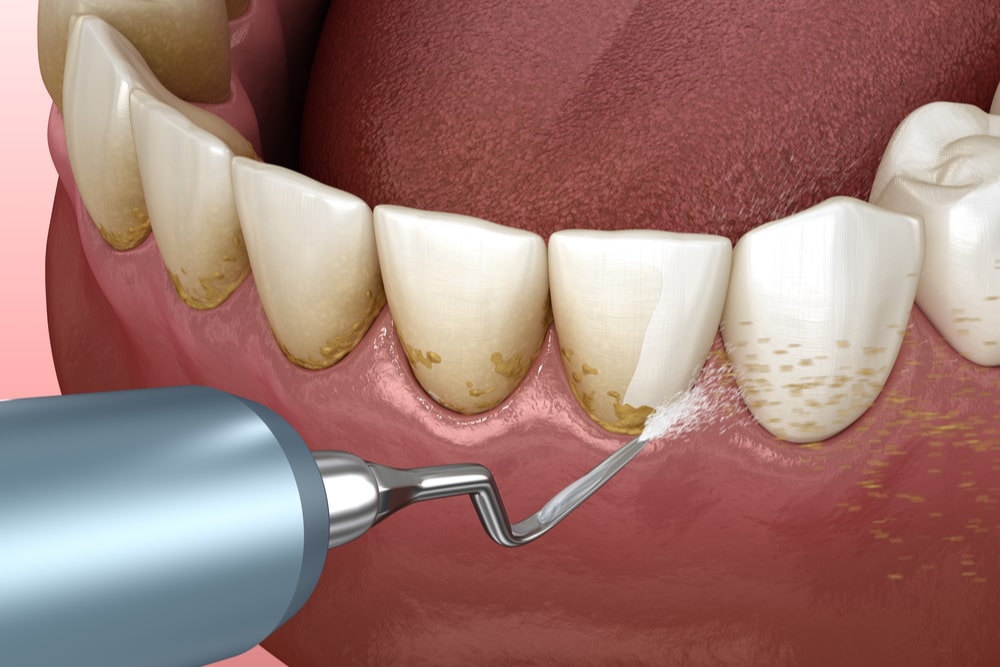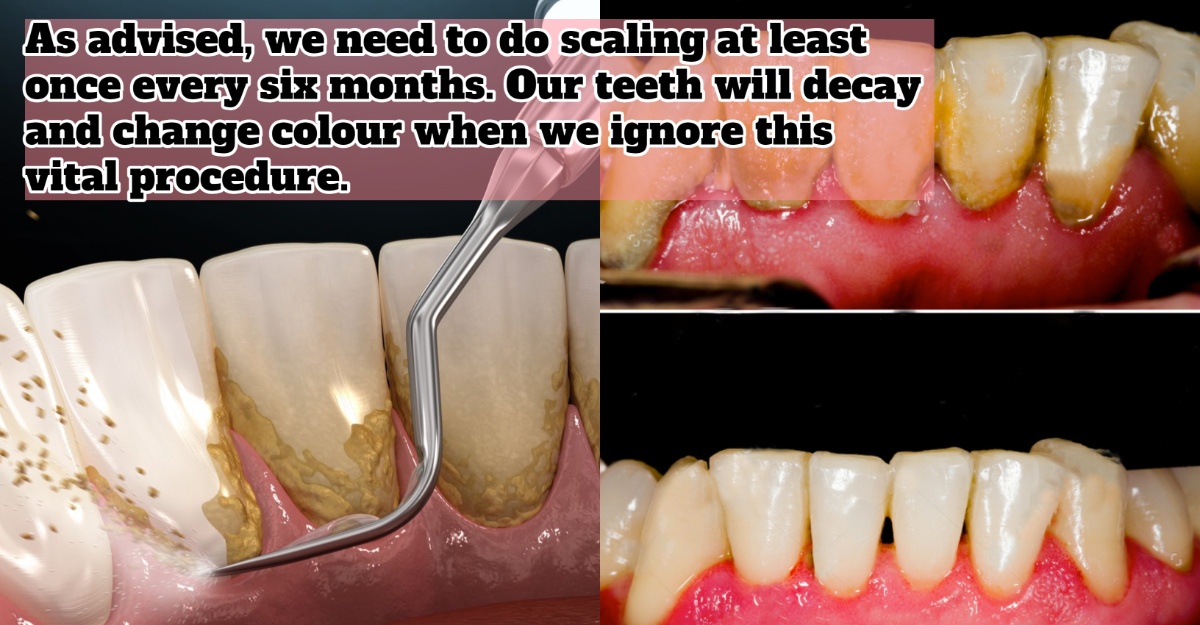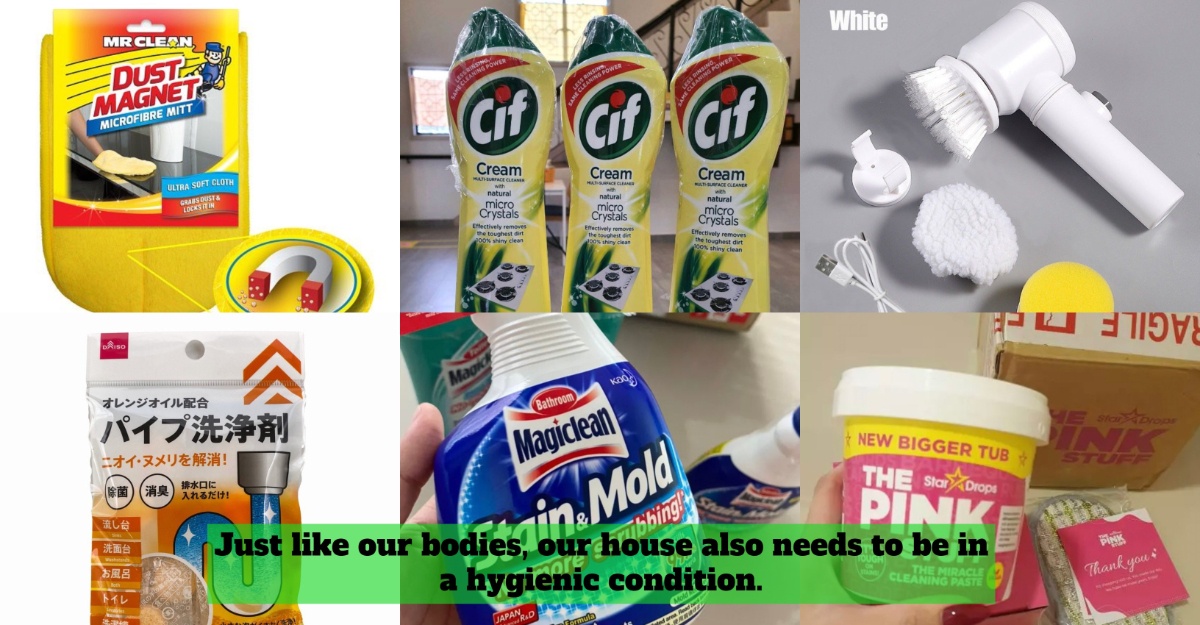Are you aware that scaling can do wonders for your oral health? Some of us don’t care about it. For example, we don’t always floss after eating, or we don’t brush our teeth before going to bed. It’s an unhealthy habit that can affect our oral health. Thus, it can lead to other severe conditions like dental caries and mouth cancer. Although it might not seem trivial to many, oral health is often overlooked.
Also, there’s a perception going on in society that scaling is only to get rid of caries, plaque, tartar or calculus. Even though it is true, there are other advantages of scaling that you don’t know.
What are the benefits of scaling?
Firstly, it can clean food particles that adhere to the teeth

It’s no doubt that eating various types of food will affect the cleanliness of your mouth. Especially in sweet foods like chocolate or sugar, these particles will stick to your teeth and form caries.
In retrospect, toothbrushes don’t really reach all places in your mouth, especially the gaps between your teeth. Therefore, scaling can thoroughly clean the remnants of food to avoid the formation of tartar.
Secondly, scaling can remove tartar
This procedure will scrape off all the plaque and tartar. There’s a myth that says scaling hurts. But actually, it doesn’t. (You can trust us on this. We’ve tried it before.)
Thirdly, this oral procedure can avoid gum problems (periodontium)

When your teeth are tartar-free, periodontium can also be avoided. Did you know? Tartar or plaque can cause gum problems like bleeding and swollen gums.
Lastly, scaling is different from teeth whitening
It doesn’t literally whiten your teeth. However, it cleans the tartar. The result? Your teeth will be cleaner and whiter!
As advised, we need to do scaling at least once every six months. Our teeth will decay and change colour when we ignore this vital procedure.
If you don’t want your teeth to be covered with tartar, scaling is one of the ways to avoid it from happening! You wouldn’t want to hide that beautiful smile just because of a plaque!
Source: Twitter Dr. Irma Shida





